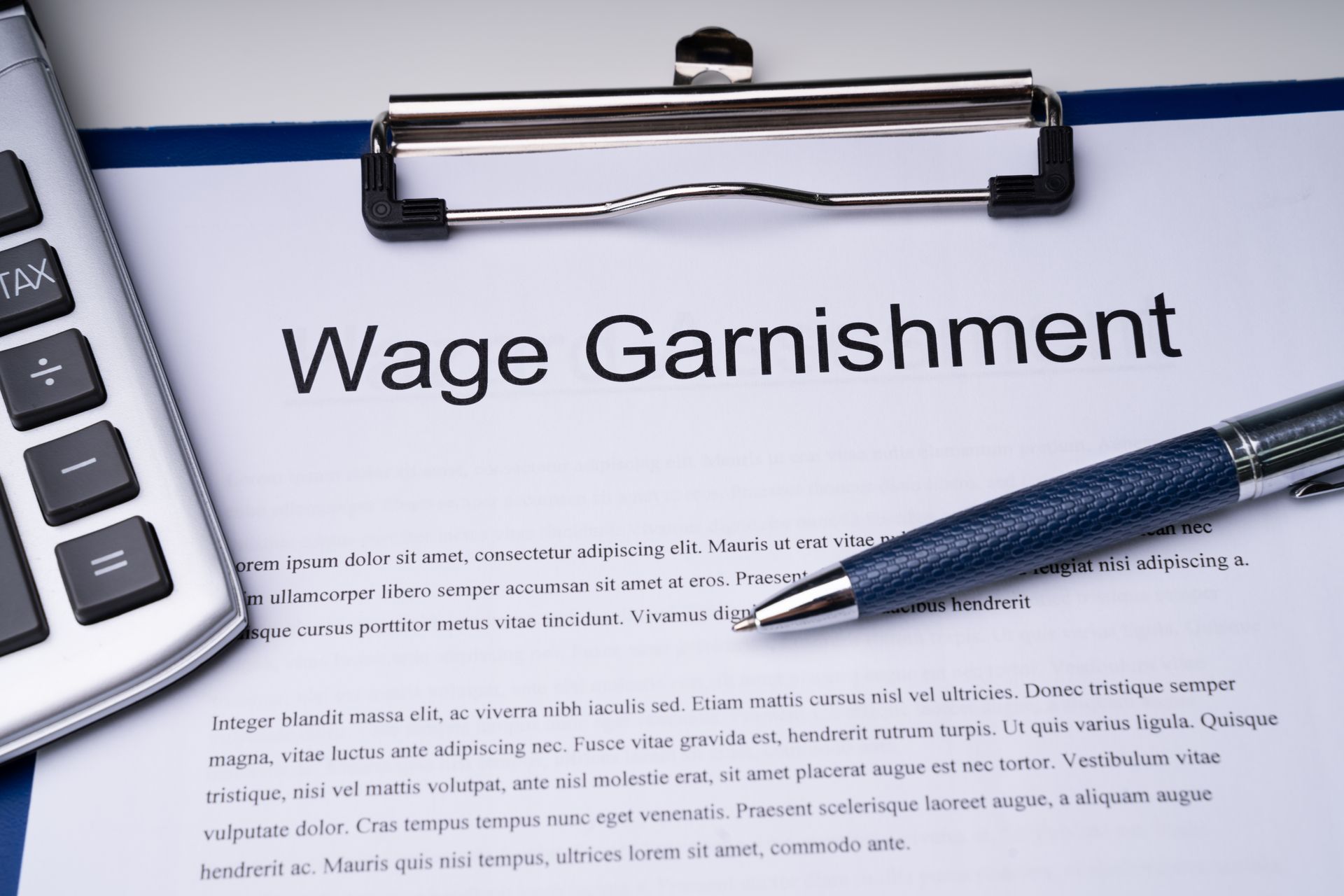What to Expect When You Stop Making Student Loan Payments: Legal Implications and Next Steps
What to Expect When You Stop Making Student Loan Payments: Legal Implications and Next Steps
For many graduates and former students in Chicago, student loan payments can feel overwhelming. Life events like job loss, unexpected expenses, or simply the high cost of living can make it hard to keep up. But what really happens when you stop making payments on your student loans? And more importantly, what can you do about it?
In this article, we’ll break down the legal consequences of missing payments on your federal student loans and offer practical steps to take control of your financial future.
The Legal Consequences of Missing Student Loan Payments
When you stop making payments on federal student loans, the timeline of consequences begins to unfold quickly. Here’s what to expect:
Delinquency Begins
Your loan is considered delinquent the first day you miss a payment. If you miss a single payment, your loan servicer will usually contact you with reminders. However, the longer the delinquency continues, the more serious it becomes.
Credit Score Damage
After 90 days of non-payment, your loan servicer reports your delinquency to the credit bureaus. This can significantly lower your credit score, making it harder to qualify for other loans, rent an apartment, or even get a job.
Default Status
If you go 270 days (about 9 months) without making a payment on federal loans, your loan enters default. This status can trigger the entire unpaid balance becoming due immediately, along with additional fees and penalties.
Collections and Legal Actions
Once in default, the government has strong collection tools at its disposal, including:
- Wage garnishment – taking a portion of your paycheck automatically.
- Tax refund offset – seizing your federal tax refund.
- Social Security offset – deducting a portion of your Social Security benefits (if applicable).
- Collection agency involvement – adding fees and persistent calls.
Loss of Federal Benefits
Defaulting on your federal student loans makes you ineligible for:
- Deferment or forbearance.
- Access to repayment plans based on your income.
- New federal student loans or grants.
Practical Steps to Regain Control
The good news is that there are options available to help you get back on track, even if you’re in default. Here’s what you can do:
Loan Rehabilitation
This one-time opportunity allows you to make a series of affordable payments (usually over 9-10 months) to bring your loan out of default. Once completed, your loan status is restored, and the default is removed from your credit report.
Loan Consolidation
If you have multiple loans, consolidating them into a Direct Consolidation Loan can bring your loans out of default and set you up for affordable repayment options. Keep in mind that consolidation doesn’t remove the default from your credit report, but it stops collections and allows you to move forward.
Contact Your Loan Servicer or Attorney
If you’re struggling to manage the process, contacting your loan servicer is crucial. They can guide you through rehabilitation or consolidation steps. At Benjamin Legal Services, we can also assess your situation and help you explore legal solutions, including potential bankruptcy options for qualifying cases.
Can Bankruptcy Help?
While it’s true that most student loans aren’t easily discharged in bankruptcy, there are certain cases where this may be possible. If you can prove undue hardship under strict criteria, you may be able to include student loans in a Chapter 7 filing. We can review your case and determine whether this option applies to you.
Don’t Wait—Take Action Now
The sooner you address missed student loan payments, the better. Waiting too long can lead to wage garnishment, tax refund seizure, and long-term credit damage. Reach out to Benjamin Legal Services today to schedule a consultation. We’ll work with you to understand your situation and create a plan to help you move forward.
Call us at 312-945-0021 or visit our website to get started.










